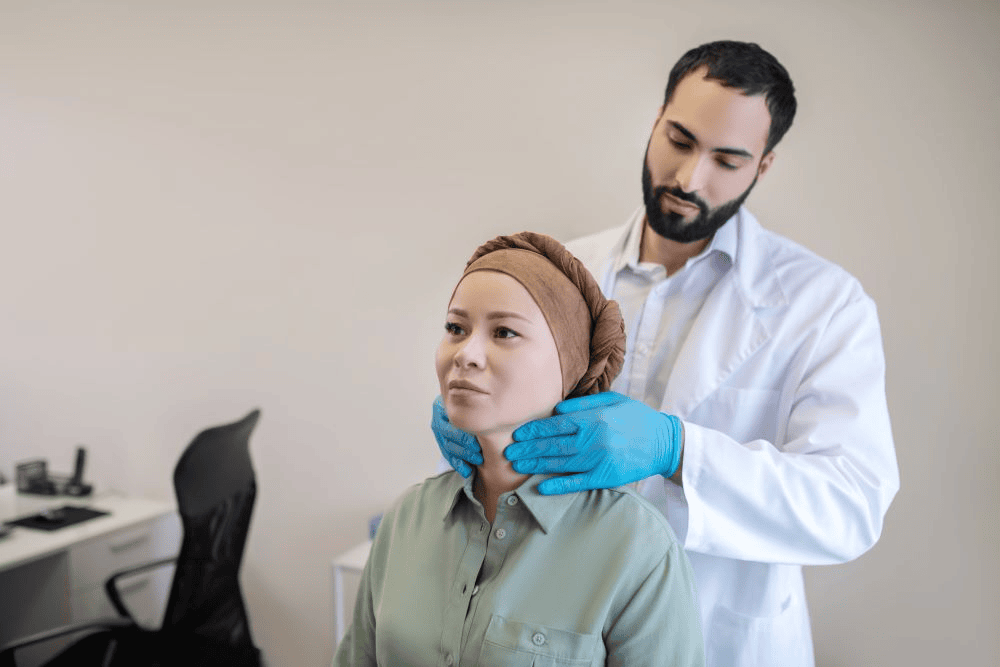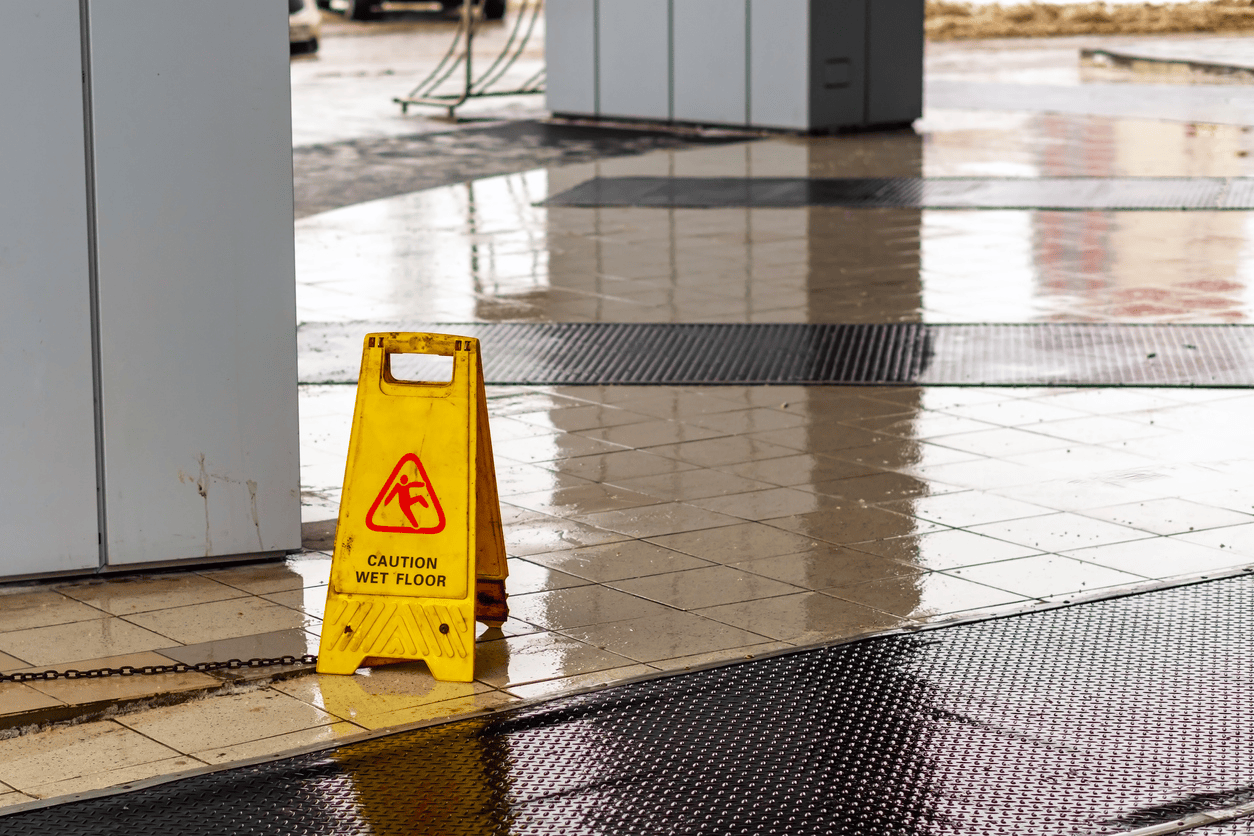
Workplace injuries are a common occurrence, and knowing what steps to take immediately after an incident can significantly affect your recovery and your ability to secure the benefits you’re entitled to under California law. Whether you’re dealing with a minor sprain or a more serious injury, such as broken bones or a work-related illness, understanding your rights and responsibilities is crucial. This article provides a comprehensive guide on what to do if you’ve suffered a work injury, common mistakes to avoid, the types of injuries that should be reported, and the benefits you may be entitled to.
Immediate Steps to Take After a Workplace Injury
1. Report the Injury to Your Supervisor Immediately
The first and most crucial step is to inform your supervisor immediately after the injury occurs. Delays in reporting can lead to complications with your workers’ compensation claim. In California, you are required to notify your employer within 30 days of the injury. Failure to do so can result in a loss of benefits.
2. Seek Immediate Medical Attention
Regardless of the severity of your injury, seeking immediate medical attention is essential. For life-threatening injuries, go to the nearest emergency room. For less severe injuries, your employer may direct you to a specific medical provider. Getting a prompt and thorough medical evaluation ensures that your injury is properly documented, which is vital for your workers’ compensation claim.
3. Document Everything
Keep detailed records of everything related to your injury. This includes the circumstances surrounding the injury, medical expenses report, communications with your employer and insurance company, and any expenses incurred. This documentation can be critical if there are disputes about your claim.
Filing a Workers’ Compensation Claim
Complete a Workers’ Compensation Claim Form
To initiate your workers’ compensation claim, you must complete a DWC-1 form, which your employer should provide. Fill out the form accurately, detailing how the injury happened and the body parts affected. Submit the completed form to your employer, who will then forward it to their workers’ compensation insurance carrier.
Understand the Workers’ Compensation Claim Process
Once your claim is filed, the insurance company will investigate the circumstances of your injury and determine whether to accept or deny the claim. During this process, it’s crucial to comply with all requests for information and attend all required medical appointments. The insurance company may also request an independent medical examination (IME) to assess your injury.
Common Mistakes to Avoid After a Workplace Injury
Failing to Report the Injury Promptly
Delays in reporting can cast doubt on the legitimacy of your claim. Always report your injury as soon as it occurs to avoid complications.
Not Following Medical Advice
Ignoring medical advice or missing appointments can negatively affect your claim and recovery. Always follow your doctor’s recommendations and attend all scheduled appointments.
Returning to Work Too Soon
Returning to work before you are fully healed can aggravate your injury and impact your workers’ compensation benefits. Ensure you have your doctor’s clearance before resuming work duties.
Not Keeping Detailed Records
Lack of documentation can weaken your case. Keep meticulous records of all injury-related details, including medical treatments, communications, and expenses.
Types of Work-Related Injuries That Should Be Reported
Physical Injuries
Report any physical injuries sustained at work, including broken bones, sprains, cuts, burns, and other trauma. Even seemingly minor injuries can become significant over time.
Repetitive Stress Injuries
Injuries caused by repetitive motions, such as carpal tunnel syndrome, should also be reported. These injuries often develop gradually and can lead to long-term issues if not addressed.
Occupational Illnesses
Illnesses resulting from workplace exposure to harmful substances or environments, such as respiratory conditions or skin diseases, should be reported promptly.
Psychological Injuries
Work-related stress, anxiety, and depression are valid reasons to file a workers’ compensation claim. Psychological injuries are as legitimate as physical ones and should not be overlooked.
Workers’ Compensation Benefits You Are Entitled To
Medical Treatment
Workers’ compensation covers all reasonable and necessary medical treatment related to your on the job injury. This includes doctor’s visits, hospital stays, medications, physical therapy, and medical equipment.
Temporary Disability Benefits
If your injury prevents you from working temporarily, you may be entitled to temporary disability benefits. These benefits provide wage replacement, typically two-thirds of your average weekly wage, up to a maximum amount set by state law.
Permanent Disability Benefits
If your injury results in permanent impairment, you may receive permanent disability benefits. The amount depends on the severity of your disability and how it affects your ability to work.
Supplemental Job Displacement Benefits
If you cannot return to your previous job due to your injury, you may qualify for a voucher to help pay for retraining or skill enhancement to assist in finding new employment.
Death Benefits
If a worker dies as a result of a work-related injury or illness, their dependents may be entitled to death benefits, including funeral expenses and financial support.
Eligibility Requirements for Workers’ Compensation Benefits
Employment Status
To qualify for workers’ compensation benefits, you must be an employee. Independent contractors typically do not qualify, though exceptions exist. It’s essential to verify your employment status with your employer.
Injury Must Be Work-Related
The injury or illness must have occurred while performing job-related duties. Injuries sustained during breaks, commutes, or off-site activities may not qualify, though there are exceptions.
Compliance with Reporting and Filing Deadlines
Adhering to the required reporting and filing deadlines is crucial. Report your injury within 30 days and file your claim promptly to ensure eligibility.
How an Attorney Can Help You in Your Workers’ Compensation Case
Dealing with a workers’ compensation case can be overwhelming, especially when dealing with injuries and the complexities of the legal system. Hiring an experienced attorney can significantly alleviate the burden and improve the outcome of your case. Here’s how an attorney can assist you throughout the process:
Navigating Complex Laws: Workers’ compensation laws can be intricate and vary by state. An attorney can explain these laws and how they apply to your case.
Understanding Your Rights: Ensuring you are aware of your rights and entitlements under the law.
Claim Preparation and Filing: They assist with accurately completing and submitting all necessary paperwork within required deadlines to avoid delays or denials.
Gathering Evidence: An attorney helps collect and organize vital evidence, including medical records, witness statements, and accident reports, to support your claim.
Negotiating with Insurance Companies: They advocate for fair settlements and handle all communications with the insurance company, preventing you from making statements that could harm your case.
Medical Treatment Coordination: Attorneys help you find appropriate medical specialists and ensure that your medical bills are properly documented and submitted as part of your claim.
Representation in Hearings and Appeals: They represent you in disputes and handle the appeals process if your claim is denied, including preparation and attendance at hearings.
Maximizing Benefits: An attorney ensures you receive all entitled benefits, including temporary and permanent disability benefits, and addresses long-term impacts of your injury.
Dealing with Retaliation: Attorneys protect your rights if your employer retaliates against you for filing a claim, such as through wrongful termination or discrimination.

Secure Your Rights with Experienced Legal Guidance from BLG
Suffering a work injury can be a daunting experience, but knowing the steps to take can make a significant difference in your recovery and the benefits you receive. Remember to report your injury promptly, seek immediate medical attention, and document everything thoroughly. Understanding the workers’ compensation claim process and avoiding common mistakes can help ensure a smoother experience. If you encounter challenges or your claim is denied, don’t hesitate to seek legal representation to protect your rights and secure the compensation you deserve.
If you have been injured on the job and need assistance with your workers’ compensation claim, BLG is here to help you, we understand the challenges and complexities that come with a workplace injury. Our experienced attorneys are dedicated to ensuring you receive the full benefits you deserve.
Contact us today for a free consultation.
FAQs
What should be done immediately after an injury in the workplace?
Immediately after an injury in the workplace, ensure the injured person is safe from further harm, administer first aid if necessary, and call for emergency medical assistance if the injury is serious.
What is the first thing that must be done when a worker is injured?
The first thing to do when a worker is injured is to assess the situation to determine the severity of the injury and ensure the safety of the injured workers and others.
What should you do immediately after receiving an injury?
Immediately after receiving an injury, you should stop working, assess the injury, seek first aid or medical assistance, and report the injury to your supervisor or employer.
What are the steps you follow when a worker is injured?
After a worker is injured, the immediate steps involve ensuring their safety, providing first aid if needed, seeking medical help promptly, reporting the incident to a supervisor or employer, documenting the details of the injury, and monitoring the worker’s recovery. These steps are crucial to ensure the injured employee receives appropriate care and that the incident is properly documented for further action and prevention of future accidents.





